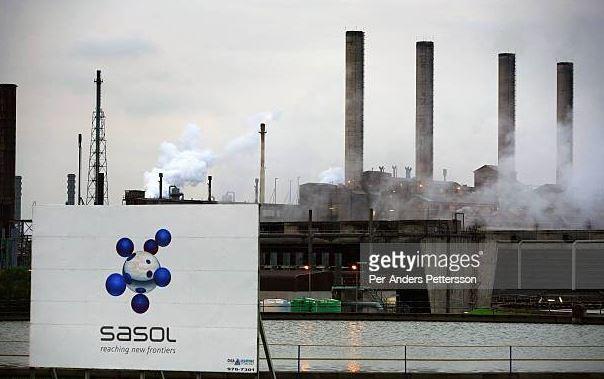Sasol's results presentation in February was an awkward affair. The session was pre-recorded and then aired on the company's website. It was not interactive. When the recording ended so did the webcast. Other corporate interactions and results announcements are usually interactive. The top executives of a company will meet in person with a group of
[elementor-template id="94265"]
